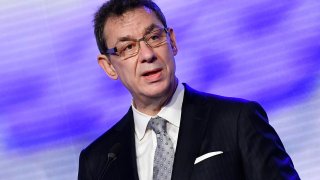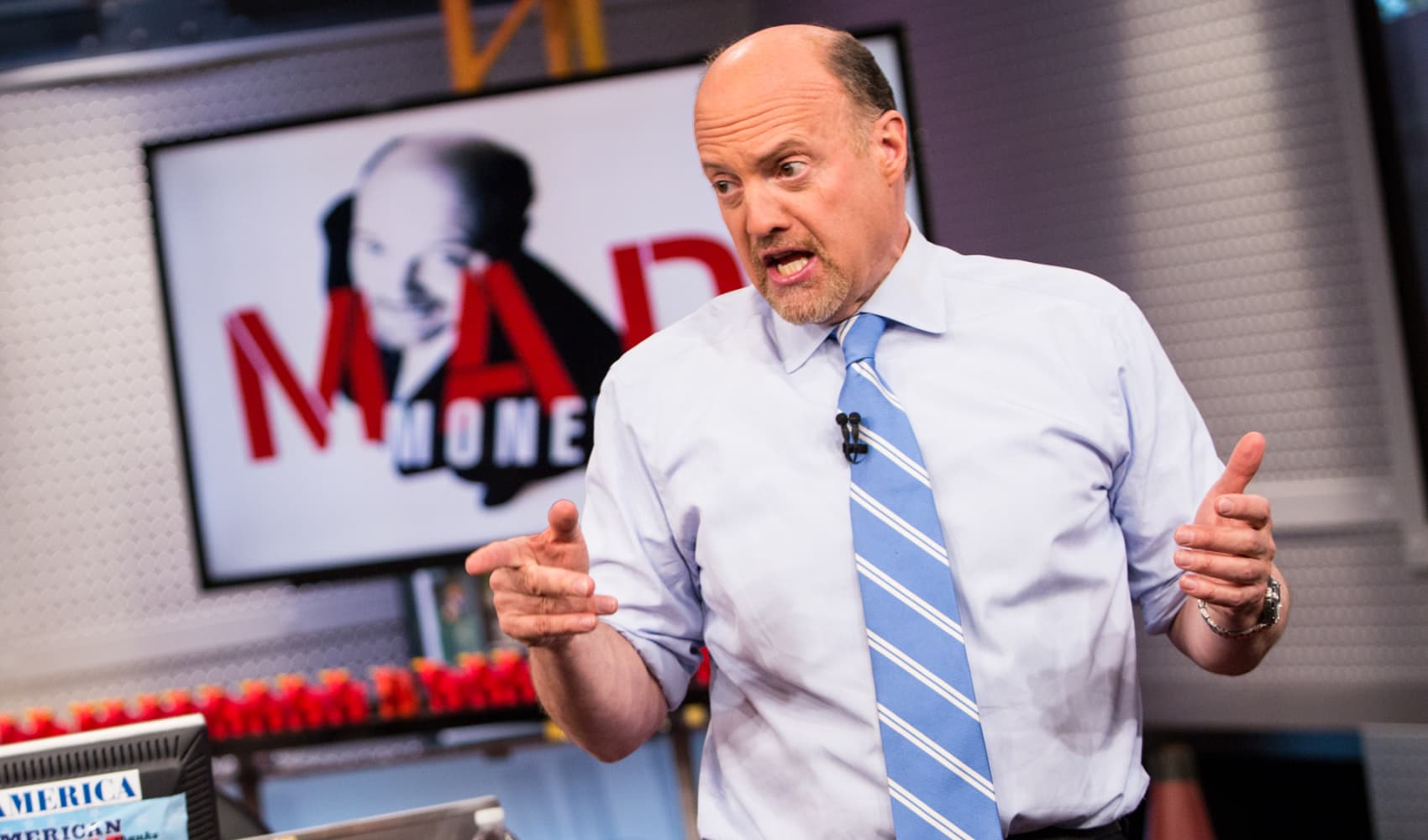
- People who spread misinformation on Covid-19 vaccines are "criminals," Pfizer CEO Albert Bourla said Tuesday.
- "They're criminals because they have literally cost millions of lives," he said.
- He said life for many people can go "back to normal" once many of the unvaccinated get vaccinated.
People who spread misinformation on Covid-19 vaccines are "criminals" and have cost "millions of lives," Pfizer CEO Albert Bourla said Tuesday.
Speaking with Washington D.C.-based think tank Atlantic Council, Bourla said there is a "very small" group of people that purposefully circulate misinformation on the shots, misleading those who are already hesitant about getting vaccinated.
We're making it easier for you to find stories that matter with our new newsletter — The 4Front. Sign up here and get news that is important for you to your inbox.
"Those people are criminals," he told Atlantic Council CEO Frederick Kempe. "They're not bad people. They're criminals because they have literally cost millions of lives."
Bourla's comments come as millions of eligible adults in the U.S. have yet to get vaccinated even though the shots have been available to most Americans most of this year. Public health experts say misinformation is likely playing a large role.
According to a survey published Monday by the Kaiser Family Foundation, more than three-quarters of U.S. adults either believe or aren't sure about at least one of eight false statements about Covid or the vaccines, with unvaccinated adults and Republicans among those most likely to hold misconceptions.
Money Report
Among the falsehoods are that Covid vaccines contain microchips, cause infertility and change one's DNA, according to the survey.
Bourla said Tuesday that life for many people can go "back to normal" once many of the unvaccinated get vaccinated.
"The only thing that stands between the new way of life and the current way of life is, frankly, hesitancy to vaccinations," he said.






